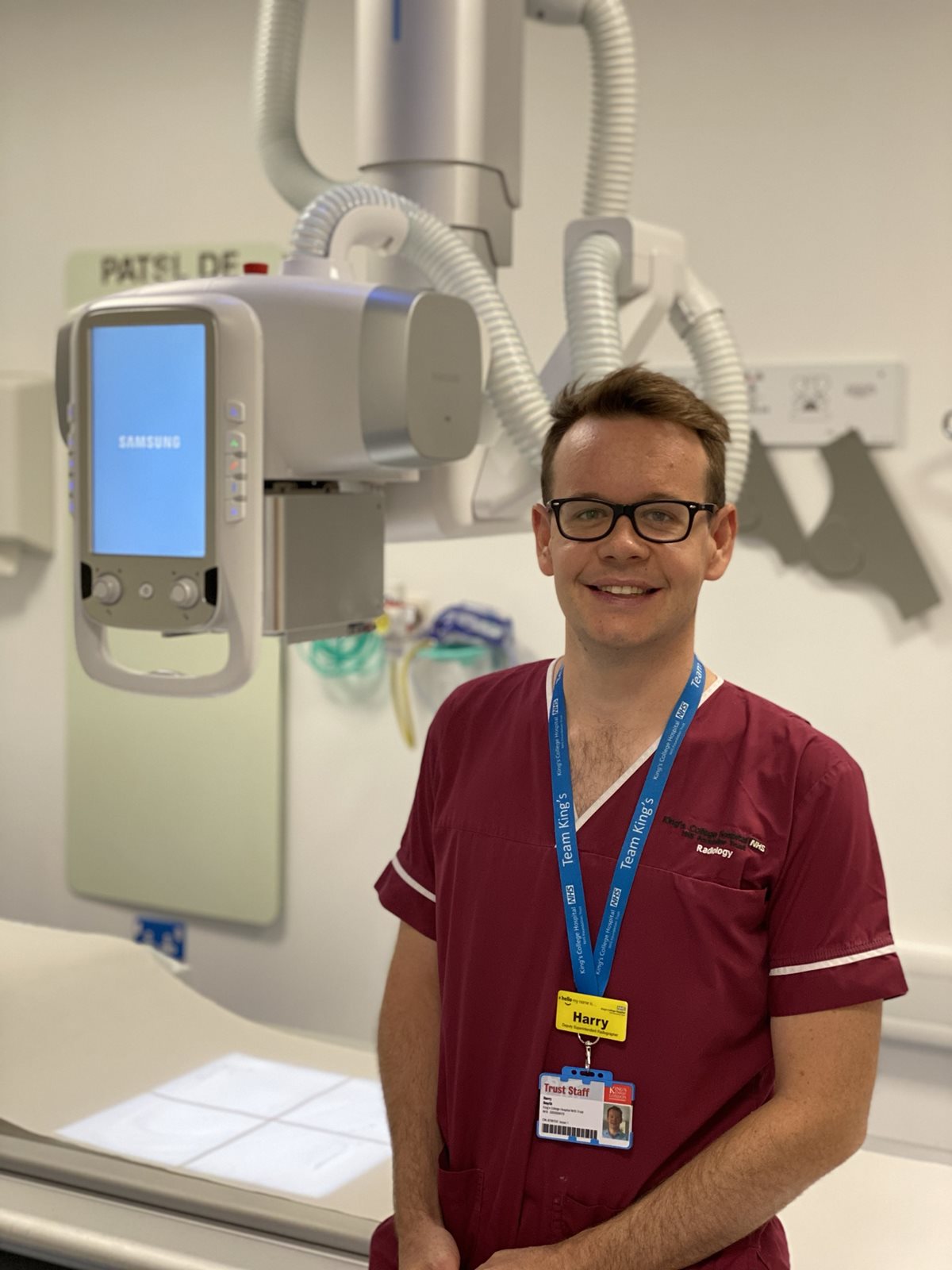We welcomed the move by the Health and Care Professions Council to enrol third year students on an emergency register after they completed their final year placement.
However, we made a conscious decision not to contact any of the successful applicants from the Band 5 recruitment campaign we ran a month prior, to ensure pressure free decision making by anyone choosing to put themselves forward to assist with the pandemic.
We were humbled and amazed to see every successful applicant who had completed their final year placement proactively contact us, willing to start early.
Particular recognition has to go to Emily and her peer Holly who were the first to start at the beginning of April, in the peak of the pandemic, having both found accommodation, moved to London and started work just over a week after confirmation of their job offers!
As Emily says above, the red tape and bureaucracy had refreshingly all disappeared, with extremely fast onboarding, whilst maintaining the same high standard of pre-employment checks straight into Band 5 positions.
It is poignant to recognise the efforts made by our non-‘frontline’ colleagues in the workforce team during this incident, who often go unrecognised, but were integral to the efforts of the trust.
As a management team, we had to be conscious of the impact on Emily’s welfare, starting a local radiology induction programme during a declared long-term major incident and whether this would be a fair start for her career at King’s - as well as the risk of burnout from the intensity of the situation we were faced with.
To ensure Emily was supported, throughout her induction, she was supernumerary, so able to observe and learn, and she was assigned a Band 5 mentor, as well as a named superintendent to oversee her induction programme and check on her wellbeing.
As well as the support from the departmental and trust wide welfare teams, any newly qualified radiographers joining early were given study leave around the exams they were due to be completing at their university campus, so they did not have this additional burden on top of the pressures of starting a full-time role.
At the peak of the pandemic at King’s College Hospital there were over 300 coronavirus inpatients across 16 wards and nine intensive care units. As a department, we are grateful and exceptionally proud of the part Emily and other newly qualified radiographers played, fitting into the team so seamlessly and contributing to the department wide effort providing a radiology service for our patients.
Although a highly unconventional start to Emily’s career, it will certainly be a memorable one!
